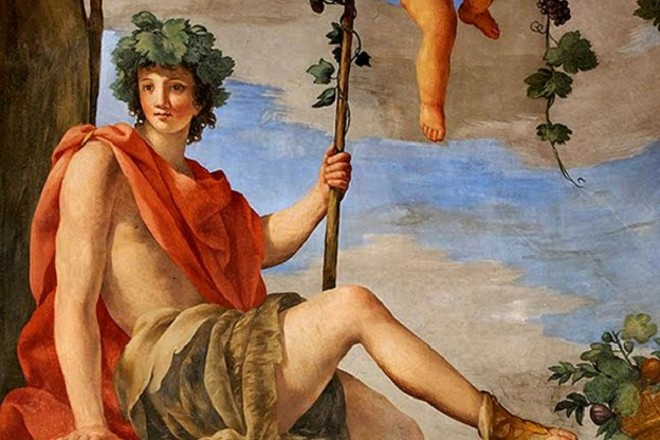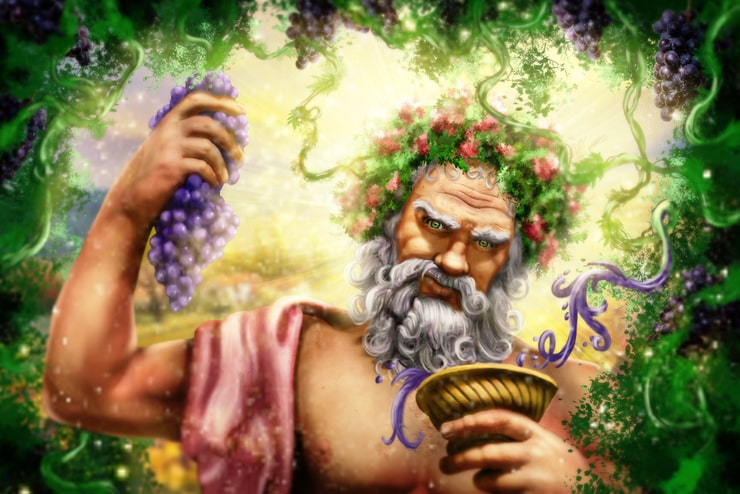His written records predate Ancient Greeks
Dionysus was viewed by early Greek scholars as a foreign divinity who was hesitantly admitted into the Greek pantheon of gods. Recent discoveries, however, suggest that his devotion to Greece predates what we now know as ancient Greek civilization. This leads us to believe that, even if his cult was imported, it was far ahead of what was previously accepted.
Excavations in and around the Palace of Nestor at Pylos in the early and mid-twentieth centuries uncovered the first written documents of the Dionysian cult. Recovered shards of clay tablets from around the 13th century BCE Mycenaean Greece show his name written in Linear B as di-wo-nu-su-jo ("Dionysoio" = 'of Dionysus'). These could be offerings to the deity during that period. Other allusions to "ladies of Oinoa" and "place of wine" are thought to confirm this theory.
Dionysus was one of the first gods attested in mainland Greek culture, according to more recent evidence. The first documented accounts of Dionysus worship originate from circa 1300 BC in Mycenaean Greece, specifically in and around the Palace of Nestor in Pylos.












